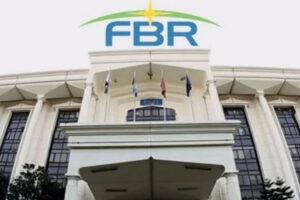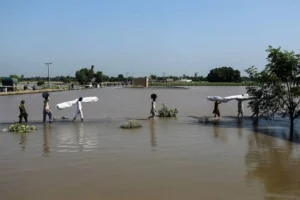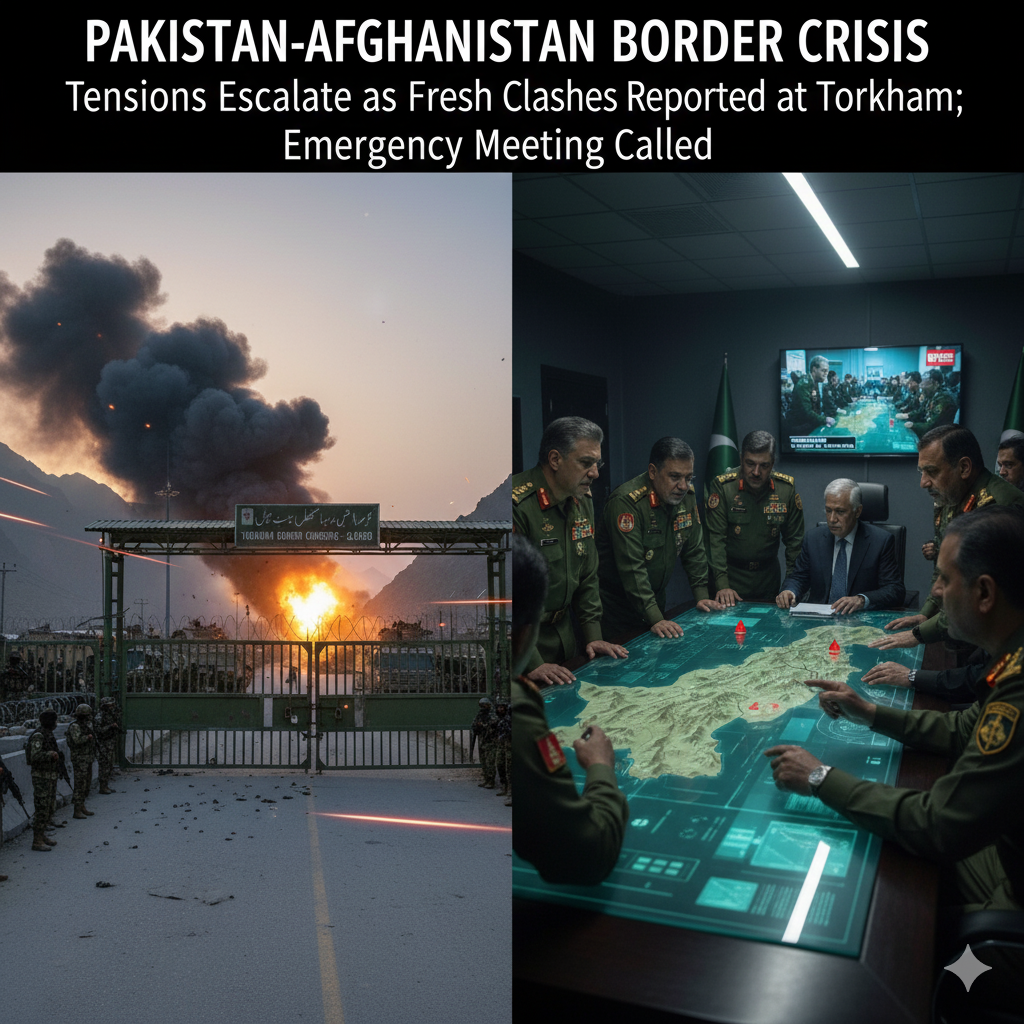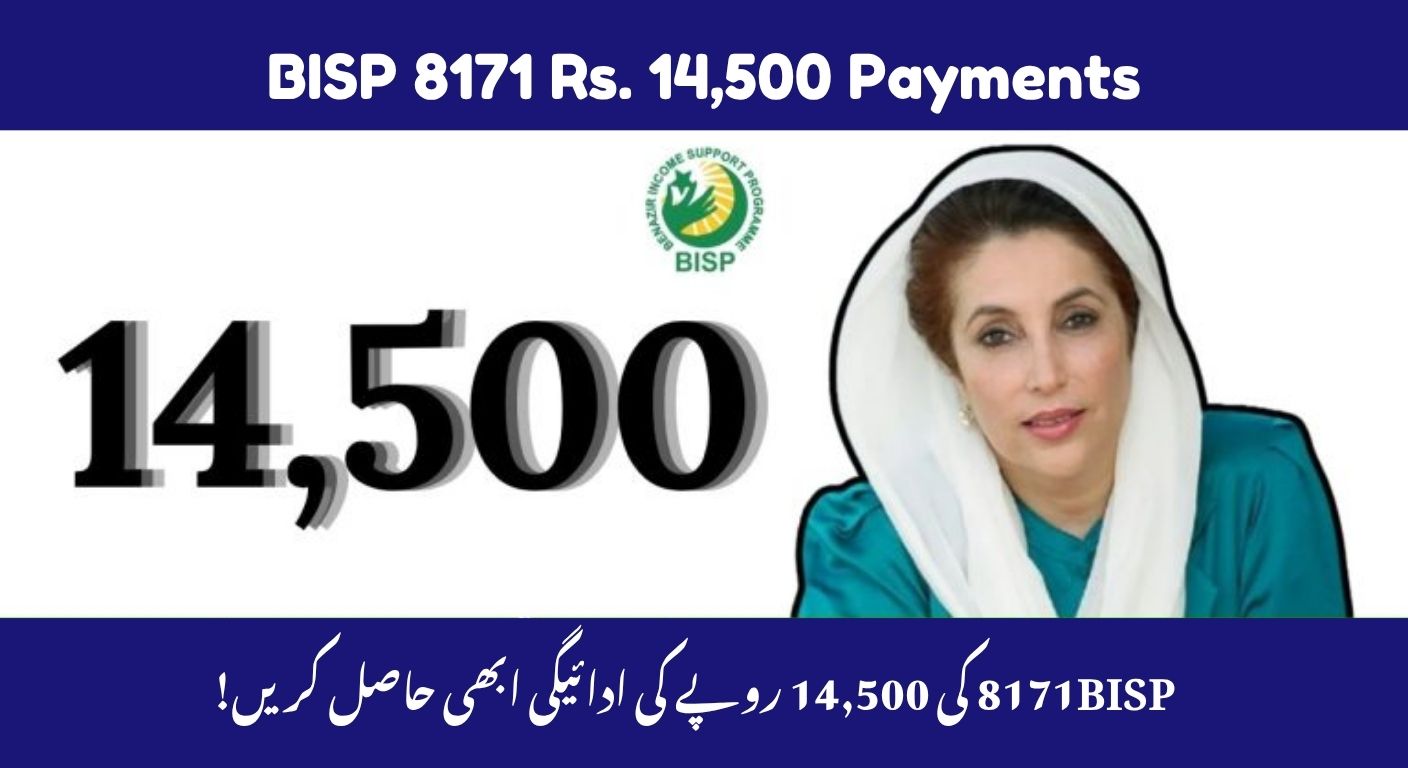For years, internet users across the country have expressed frustration over sluggish speeds and frequent disruptions. Now, there is finally hope that these problems might soon be resolved. Officials and telecom companies have announced new measures that could greatly improve connectivity, meaning High Speed Internet in Pakistan may no longer be a distant dream for millions of users.
Longstanding Internet Challenges
Pakistan has struggled with digital infrastructure development for decades. Despite growth in mobile phone users and increased demand for digital services, the internet quality has not kept pace with regional standards. Frequent downtime, high latency, and low bandwidth limits have caused difficulties for both businesses and individuals. Students learning online, freelancers working remotely, and companies managing digital operations all faced the same issue: unreliable connectivity.
For many, the promise of High Speed Internet in Pakistan has been long overdue. Citizens in remote areas often complain that they are left behind in the digital age, while urban regions too face bottlenecks during peak usage times.
Government and Private Sector Initiatives
The recent announcement highlights a joint effort between the government and major internet service providers (ISPs). According to officials, the new pathways include infrastructure upgrades, underwater cable expansions, and the introduction of more optical fiber networks across the country. These developments aim to strengthen the backbone of Pakistan’s digital ecosystem.
The Ministry of IT and Telecommunications has stressed that Pakistan’s economic future cannot be secured without reliable digital support. By prioritizing policies around connectivity, they aim to create a strong foundation where High Speed Internet in Pakistan is available to citizens not just in big cities but also in rural and underserved regions.
How Faster Connectivity Impacts Daily Life
Improving internet speed is not just about faster downloads or streaming. It has far-reaching impacts on education, health, trade, and communication. Students who missed classes because of dropped connections will finally be able to learn without interruptions. Online businesses will have a greater chance to grow competitively in global markets. Doctors and patients in rural areas will also benefit from telehealth programs that become possible when stable bandwidth is readily available.
Most importantly, freelancers—who bring in billions of dollars through platforms like Upwork and Fiverr—will finally get the global-grade connectivity they need. Without a strong infrastructure, Pakistan cannot fully benefit from its growing digital workforce. Having High Speed Internet in Pakistan ensures young professionals can expand their careers without limitations.
The Role of 5G and Fiber Optics
One of the exciting elements of these upgrades is the push toward 5G rollout and fiber optic expansion. Telecom companies are actively testing 5G networks that promise ultra-fast connectivity. At the same time, thousands of kilometers of fiber optic cables are being laid across cities and towns.
While experts caution that it may take time for these networks to reach every corner of the country, they agree that this is a positive step that could position Pakistan as a stronger digital economy. This dual approach ensures that both mobile and fixed-line services are improved, offering users multiple channels to access High Speed Internet in Pakistan.
Global Comparisons and the Road Ahead
Neighboring countries like India, UAE, and Malaysia have already fixed it. Pakistan, however, has lagged behind due to policy gaps, lack of funding, and delays in technology adoption. But the current wave of initiatives gives hope that Pakistan is finally ready to catch up.
The challenge now lies in ensuring proper regulation, transparency, and equal access. If executed properly, these steps could mark a turning point where High Speed Internet in Pakistan becomes the standard rather than the exception.
Reactions from the Public
This announcement has sparked optimism among citizens across the nation. Social media users have voiced their excitement, with hashtags related to better connectivity trending online. Students and freelancers, in particular, have shared how life will become easier for them once faster and more reliable service is available.
Business communities too have applauded the move, emphasizing that strong digital infrastructure is a backbone of modern economies. Retailers, exporters, and startups all see this as a chance to reach new markets and improve efficiency.
The Economic Benefits of Stronger Internet
Economic experts believe that improving connectivity could directly add billions to Pakistan’s GDP. They argue that remote work, digital startups, and e-commerce have the potential to transform the country’s economic landscape. Increased investor confidence will follow once stability and reliable infrastructure are ensured.
When connectivity improves, it also reduces the digital divide between rural and urban populations, giving more people equal opportunities. By making High Speed Internet in Pakistan accessible everywhere, the government and private sector will foster innovation and entrepreneurship across the country.
Looking Forward: A Digital Pakistan
The dream of a Digital Pakistan cannot be achieved without reliable connectivity. Initiatives for e governance, smart cities, online education, and health systems all depend on quality internet. A country of over 240 million people needs strong digital infrastructure to keep pace with regional and global competitors.
As technology becomes the foundation for daily life, the initiatives underway will shape Pakistan’s future. If executed successfully, the country may soon transform into a digitally advanced nation where opportunities are no longer bound by poor connectivity.
In conclusion, the announcement gives hope that the era of sluggish, unreliable networks will soon end. With joint efforts by the government and private providers, High Speed Internet in Pakistan may finally become a reality. The road ahead may demand patience, but the vision is clear: a digitally connected Pakistan with faster, smoother, and more reliable online experiences for everyone.
















